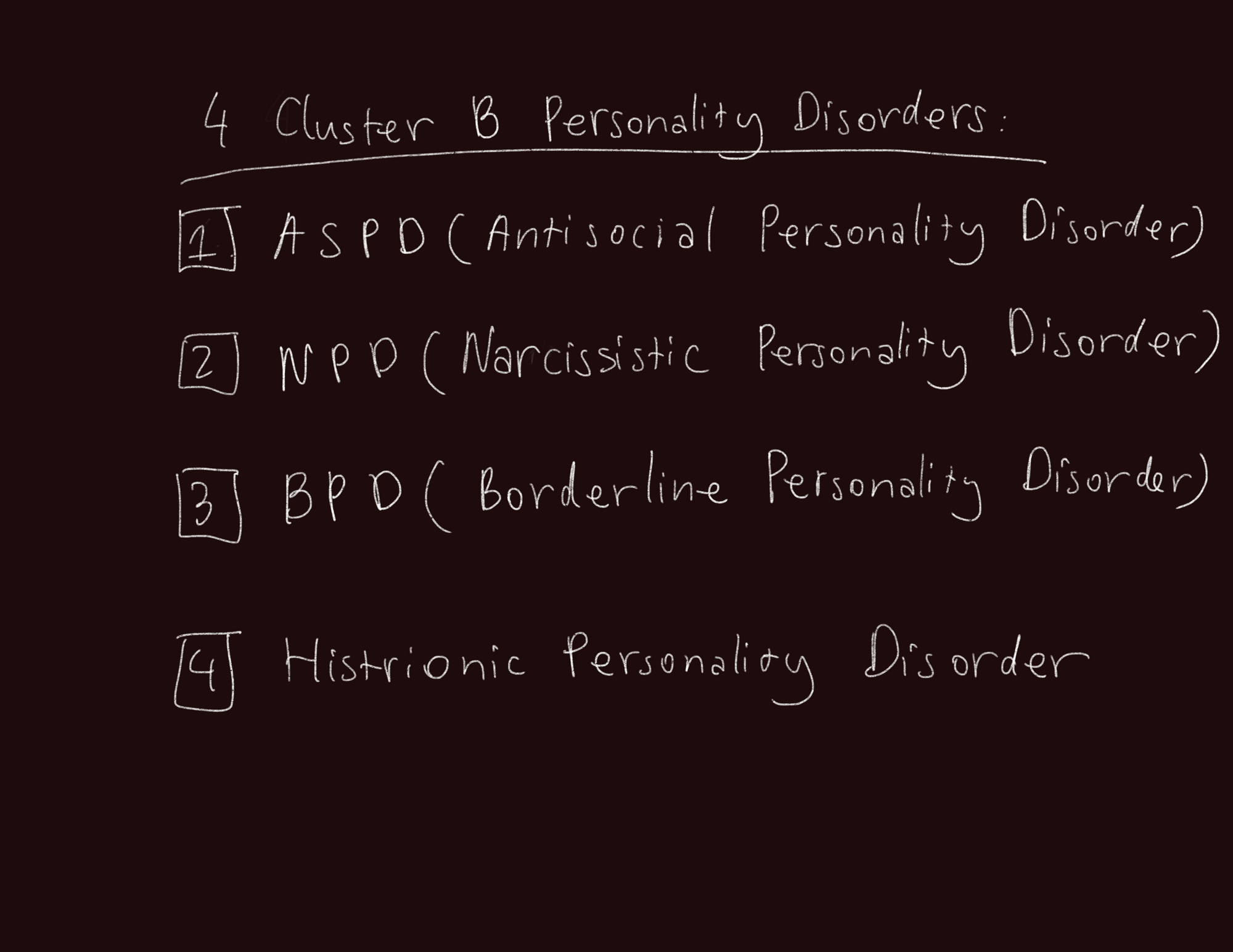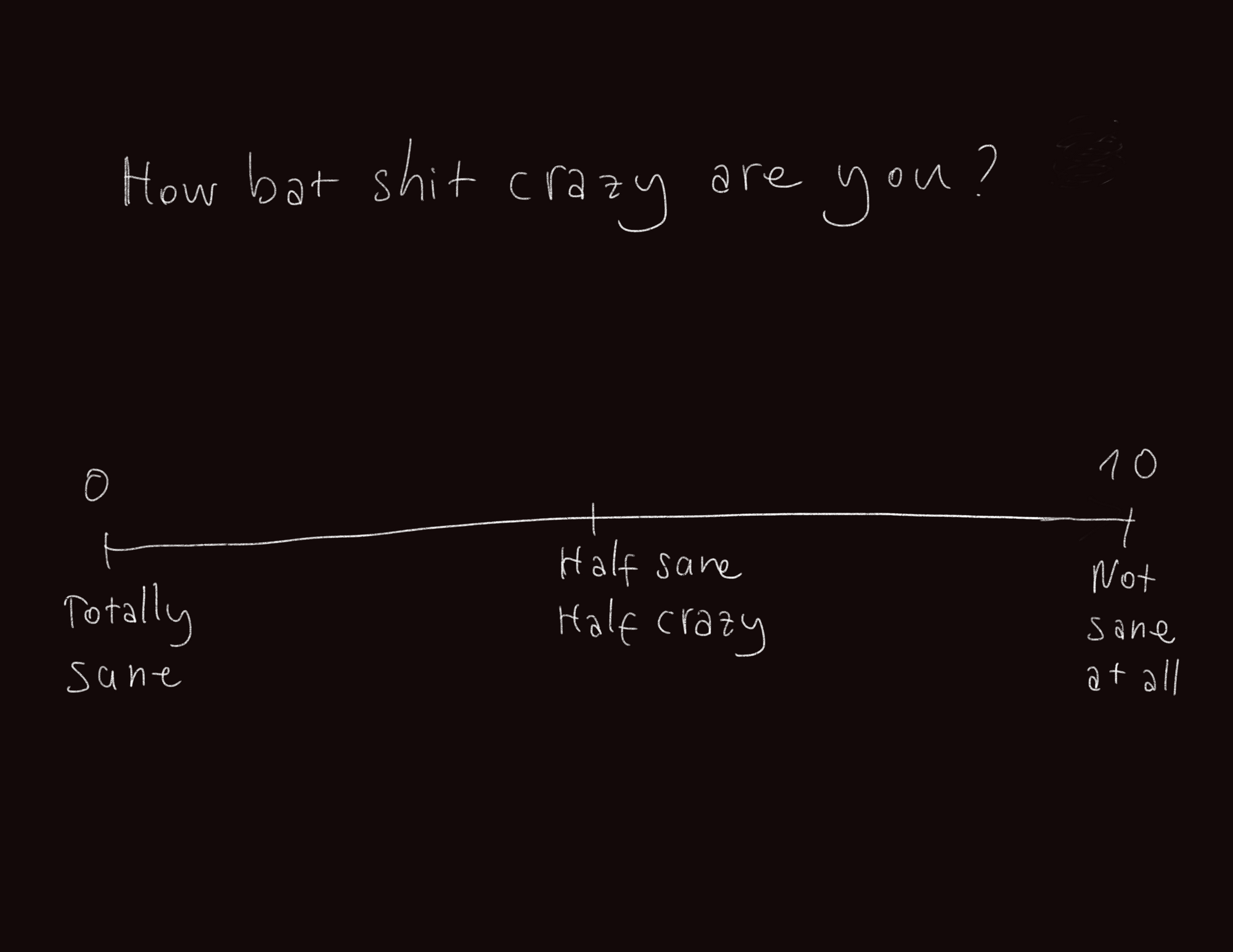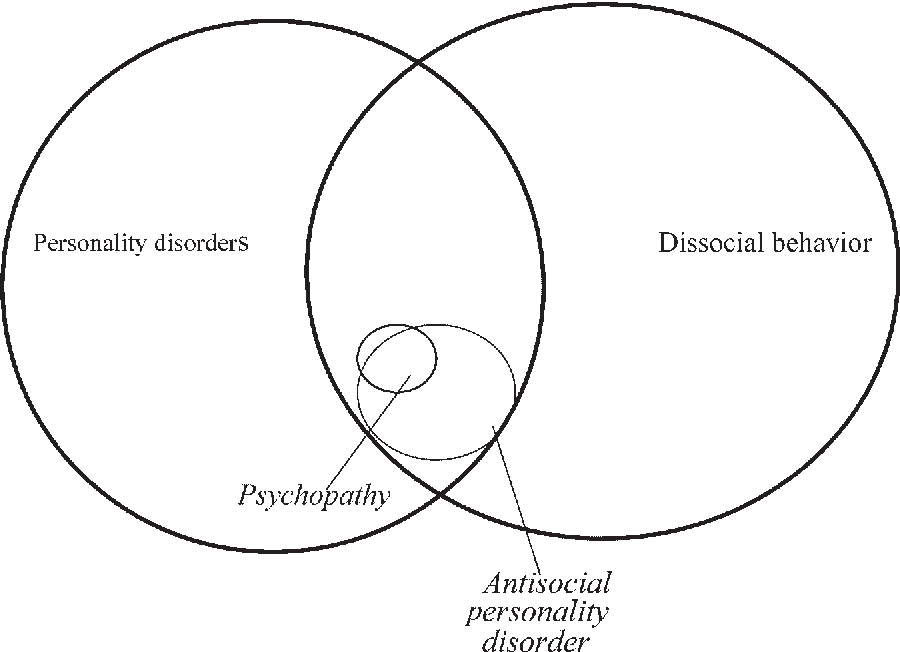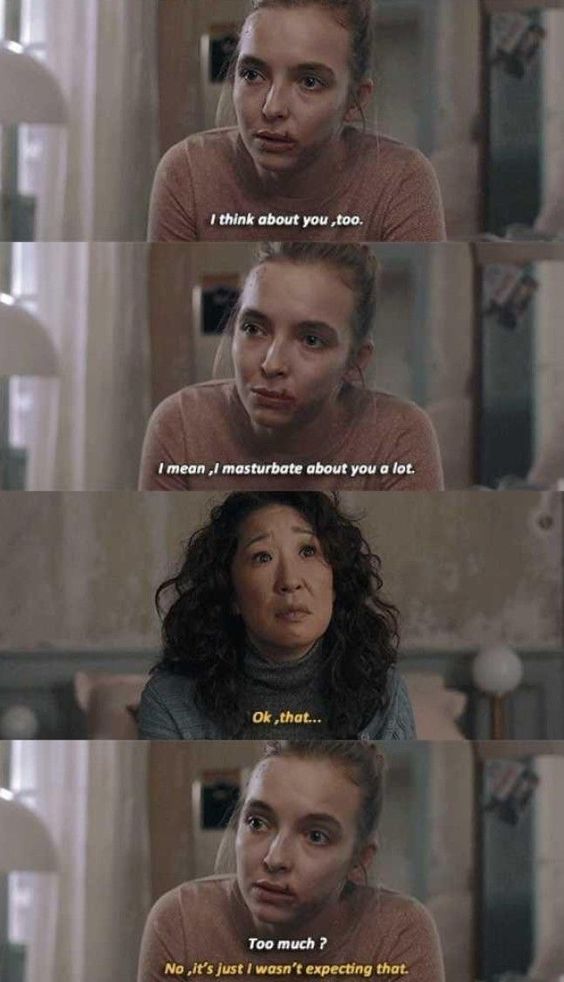Debunking Psychopathy with Killing Eve

I. Introduction
Psychopathy is not a strange term to most people today. And in fact, in pop culture, psychopathy is one of the most popular themes to be used in books, movies, and other mass media forms. If you are a movie person, you probably realize that many psychopathy-themed movies out there is always about a male killer, with bizarre facial expression and ridiculous mannerism, often to make the audience laugh, thus creating some sense of likability about this murderer.
Let’s take American Psycho - a very famous and iconic movie, as an example. Patrick Bateman, the protagonist, is a Wall Street finance bro, and a psychopath. He kills people impulsively whenever they do something he doesn’t like (he chops a co-worker, who has prettier greeting card than his, with an axe, or when he stabs to death a homeless begging him for money). He also has that maniac facial expression, delusional monologues, and pretentious, silly manners when it comes to his murdering.

But based on recent research by psychiatrists, the way the movie portrays him as a psychopath isn’t accurate. This applies to many other famous psychopathy movies when the male protagonists usually have the same pattern of behavior as Patrick Bateman. They become very iconic, and also, an endless source of making memes. And as a consequence, these movies create some stereotypes of what a psychopath is like in reality, and as audiences, we also pick up a lot of false assumptions along the way.
And in the middle of these oversaturated and stereotypical psychopath movies these days, there’s one show that stands out: ‘Killing Eve’.

'Killing Eve’ is a psychological thriller 4-season show, about a cat-mouse chase and an obsessive relationship between an investigator of the British Intelligence Agency, Eve Polastri, and a psychopath Russian murderer, Villanelle. The first thing that I notice about ‘Killing Eve’, is it has a woman as a psychopath in the leading role. What is the last time movies have a female psychopath as a protagonist, not just a supporting character for men? I can’t tell, really.
The lack of female psychopaths never sounds right to me. Since women make up half of the population on Earth, it’s very important to offer the audience more diverse representations of what a psychopath is like, not just a cis straight white man.
Moreover, ‘Killing Eve’ not only does a great job of accurately representing the complexity of psychopathy, but it also deals with other important themes such as queer relationships and feminism. Along with the dark, twisted, funny, and thrilling vibe of the show, it truly becomes one of the greatest shows I’ve ever seen.
But before diving deep into ‘Killing Eve’s characters and screenwriting, there are some debunkings we gotta do about psychopaths.
II. Psychopathy
- Important Disclaimer: No one is a psychopath.
For the longest time, people tend to think of psychopathy as a mental disorder, and who are diagnosed with it are called ‘ psychopaths’. Psychopaths are cold-blooded killers and there’s some crazy bat shit going on in their heads that normal people can never understand.
Although there’s some truth in it, psychopathy is not a mental disorder. It is the name given to a group of symptoms (or a group of traits) that are exhibited by people diagnosed with one or more Cluster B personality disorders, such as NPD (Narcissistic Personality Disorder) and ASPD (Antisocial Personality Disorder).

Psychopathy is a very broad scientific term that refers to people who possess antisocial behaviors. Since this term is never included in the mental disorders notebook DSM (The America Psychiatric Association’s Diagnostic and Statistical Manual of Mental Disorders), therefore, a person can not be diagnosed as ‘a psychopath’.
Instead, people show psychopathy traits. Think of it as a spectrum. And along this spectrum, a checklist of psychopathy traits will be presented, and people will be tested and examined on how compatible they are with these traits, from a scale of 0 to 10, with 0 is not at all, and 10 being very likely.

This is an oversimplified version of the psychopathy spectrum. In reality, a professional tool called PCL-R (The Hare Psychopathy Checklist-Revised) is used to examine. Below here is the most up-to-date psychopathy trait checklist that an individual can possess:
- Superficial charm
2. Grandiose self-worth
3. Pathological lying
4. Manipulative
5. Lack of remorse
6. Shallow affectionate
7. Callousness/lack of empathy
8. Failure to accept responsibility
9. Stimulation seeking/prone to boredom
10. Impulsivity
11. No sense of personal responsibility
12. Parasitic
13. Lacking realistic goals
14. Poor behavior controls
There’s one unique trait in this checklist that makes psychopathy one of the most troubling, paradoxical, and elusive of personality conceptualizations: Callouness, or lack of affective empathy. I specifically use the term ‘affective empathy’, to distinguish it from cognitive empathy.
So, empathy has 2 sub-categories:
- Affective empathy - The ability to share mutual feelings with other people. For example, when you watch a heart-touching movie, or when you see an old homeless lady on the street, you may feel some strong emotions, such as sadness or pity. Maybe the old lady looks like your grandmother, or maybe the sad movie reminds you of your lost loved one. But the important thing is, affective empathy allows us to feel the same way as others, and somehow, sync with each other on such a deep and complex emotional level. Having affective empathy is what makes homo sapiens so great throughout thousands of years of natural evolution. Since we share mutual feelings, thus we can trust other people, and as a result, we collaborate to drive humanity forward.
- Cognitive empathy - The ability to acknowledge emotions, to know that other person is feeling sad, happy, or angry, by observing body language and facial expressions. Normal people have both affective and cognitive empathy. But it’s not the case for psychopathy people. They have a very shallow emotional range. They don’t share mutual feelings and emotions. For example, a psychopathy person will not feel sad and grief if their mother passes away. At best, they may feel disappointed cause they lose a source of benefit. On the other hand, they have great cognitive empathy and can understand what other people are feeling. This explains why many psychopathy people are charming and manipulative, since they know how to get what they want by masking emotions and mirroring behaviors.
In episode 4 season 2 of ‘Killing Eve’, a psychopathy expert defines psychopathy individuals as ‘copycats’:
“When you think of a psychopath, you tend to think of a regular person, then you add certain negative traits, like your violence, your narcissism, your sadism. That’s a mistake. Don’t add. Take away. Everything that makes us human, just take away. Yeah. They’re like facsimiles. Copycats.”

Lack of empathy and shallow emotional range lead to other traits such as being self-absorbed, self-interest driven, highly analytical, and less anxious when dealing with traumatic events. They gonna commit whatever actions just for personal benefit, without consideration or remorse for other people. Imagine you are having some candies, and a psychopathy friend comes to you and asks for some. If you say no, they may smash your head with a rock. If they are asked why they do that, the answer can be very simple: ‘It’s faster than going to the store’. No personal hatred, just them being practical and realistic.

Little to no emotional range also makes them feel bored most of the time. A normal person can experience a wide range of emotions, from euphoria to depression. And we can also adjust emotions with certain simulations. For example, if you are sad, listening to upbeat music or watching comedy may help. But psychopathy people feel bored and empty all the time. No matter what they do, it’s very hard to feel anything. This explains why they’re always in need of being entertained, chasing instant gratification, committing to impulsive and dangerous actions, and drug abusing.
Another misconception about psychopathy is that a person must tick every box on the checklist. It’s not necessary, tho. Since psychopathy is a group of symptoms from Cluster B personality disorders, people with psychopathy traits can have commodities and overlap traits of two or more personality disorders. For example, a person can lack remorse (ASPD trait) and at the same time, have an unreasonably high sense of self-importance and require constant, excessive admiration (NPD trait).
Just being a human is very complex, to be honest. Doesn’t matter if you have psychopathy traits or not, you’re always full of conflict. There’s a state called the self-protector state, in which a person can display psychopathy traits under some specific circumstances. Let's say a person who is diagnosed with BPD is put in danger, or in a highly stressful situation, they may activate their ASPD self-state protector (become highly analytical, lack remorse, and self-absorbed) to get them out of the situation. But it does not make them an ASPD patients. Or when they are in a romantic relationship with their ideal partner, and their ego is boosted, they can be cocky and portray some narcissistic traits, but it doesn’t make them narcissists. They are a BPD patient, after all.
So, you might wonder, what type of person can have that much amount of insanity inside their head??
The answer lies in the brain structure.

Mounting evidence has shown that the brain of antisocial individuals deficits in the prefrontal cortex, temporal cortex, insula, amygdala, hippocampus/parahippocampus, and anterior/posterior cingulate gyrus (Blair, 2001, Kiehl, 2006, Raine and Yang, 2006)
So basically, psychopathy is a result of both genetics and environment that shape their brain structure. Psychopathy people, whether they display ASPD behaviors or not, typically have reduced connectivity between their amygdala and prefrontal neocortex. This means that their brain filters out most emotions as non-relevant information. They also won’t relive the emotion when thinking about the past event, unlike normal people.
2. Conclusion about psychopathy
- Psychopathy is a group of mental disorder traits
- There’s no such thing as a psychopath, only people with psychopathy traits.
- 2 Cluster B personality disorders, ASPD (Antisocial Personality Disorder) and NPD (Narcissistic Personality Disorder), make up most of the traits in the psychopathy spectrum

Psychopathy traits are both genetic and environment-caused, such as childhood upbringing. Their brain structure is different than normal people so their behavior and ways of thinking are also much different. Because of its biological inherent nature, there’s no easy way to ‘fix’, or ‘cure’ a psychopathy person. So far, monitored education, therapy, and medication have been used to ensure people with psychopathy traits don’t derivative from social norms.
Only if psychopathy people can be easily tracked down and identified, which IS NOT the case, at all.
Psychopathy people can appear in various disguises, and they are just as distinguished and diverse as normal people. Some are called high-functional psychopathy, and some are low-functional psychopathy.
Who knows, you may meet a high-functional psychopathy individual already. They are too good at hiding their psychopathy traits and masking other people’s personalities. They are also good at observing and analyzing people’s body language and facial expressions, so they can perfectly fit in normal settings. They have high self-control and obey the laws. Other traits such as superficially charming, manipulative, self-interest driven, and highly analytical are still obviously present. No surprise that so many CEOs score high on the psychopathy spectrum. (*cough* Jeff Bezos *cough*)

For low-function psychopathy individuals, it may easier to spot them. Very intense, cold, reptile-like eye gazing, uncontrolled impulsive and dangerous behaviors. They are not as good at obeying the laws or fitting in normal social settings as high-functional ones, thus they end up in prison and become the study object for psychopathy experts.
Okay, I believe we have done a good job of debunking psychopathy. Now let’s move on to the show ‘Killing Eve’s first main protagonist, Villanelle.
III. Villanelle’s Mind
Villanelle is one of the two main protagonists of the show. She’s a Russian assassin and works under the command of a secret society, The Twelve. Right in the first episode, she is introduced as ‘a psychopath’. More accurately, she is likely to be diagnosed with commodities of both ASPD and NPD.
She’s beautiful, attractive, manipulative, and superficially charming. She’s so flamboyant and chameleon. She disguises different characters, from a hippy teacher to a brunette perfume saleswoman, so she can approach the target and murder them in the most creative and sophisticated way she can think of. To be honest, just watching Villanelle walking around in her fancy clothes and killing people is just so goddam fun.

She’s very intelligent, and she completely understands the concept of what is good and what is bad, but it stops at the cognitive level. She has absolutely no moral compass, no conscience, and no remorse for the people she kills. She never questions why she has to kill her targets, she does it purely for the money, and more importantly, for the excitement and instant gratification.

The show portrays so well the chronological boredom of psychopathy people. Villanelle has that curious, euphoric, and wild looking in her eyes when she watches her targets on the edge of dying. She can not feel a lot of emotions, so she’s very curious about them. She experiences some temporary boost of dopamine and serotonin when she tortures her victims. After that, the chronological boredom comeback, and she feels empty all over again. The scene when she lies alone in bed, staring at the ceiling, or just sitting alone after finishing a mission, shows how bored and numb she is. For Villanelle, planning a murder, and doing it in a creative way with sophisticated methods helps her feel something, even in just a short period of time.

Everything changes when she meets Eve. The cat-mouse chase and the sexual attraction between them got Villanell to feel something. Since Villanelle is also a narcissist, she is awared of her own emotions to some extent. But unlike normal emotions, narcissists are famous for crocodile tears and self-pity only.
Another characteristic that stands out about Villanelle, is she’s extremely childish and ridiculously shallow. These traits are used for humor purposes, so the audience gonna find her likable. In reality, it’s true that narcissists are very childish. They are like a child always throwing tantrums when they don’t get what they want, and needing constant attention. As normal people grow up, we become more self-aware and adjust our childish behaviors. But for narcissists, as if their brain stops developing in emotional maturity at some point. They are literally a man-child get stuck in body of an adult. They are THE drama queens.

Throughout seasons 1 and 2, Villanelle has been obsessively trying to get attention of Eve. This desire skyrockets in season 2, after their last confrontation in the final episode of season 1. Villanelle kills her victims and leaves behind some insight trademarks that only Eve understands. The toilet brush gets shoved in the throat of the dead man, the half-bite apple, and the razor hidden inside Eve’s lipstick. And one epic scene, is in Amsterdam, after slaughtering a man and hanging him, Villanelle sends Eve a postcard of an artwork that she uses as her inspiration for this killing scene. She hopes that Eve gonna come to Amsterdam to investigate the crime scene, so they can finally meet again. In the postcard, she writes ‘Darling Eve, I hope you haven’t forgotten about me.’

She does everything, to get attention from Eve, and when she doesn’t get it, she literally lost her fucking mind. She feels a very strong sense of rejection and disappointment, causing a mental breakdown later. For a narcissist, there’s no way she can comprehend this information. She’s too self-centered and egoistic.
The next morning she wakes up, sweaty and hungover from the drug use, she burst into tears in front of the mirror in the bathroom. This emotion comes from self-pity and disappointment. Believe me, narcissists truly feel miserable for themselves when they don’t get what they want. The grandiose self-image, that they are the best, everything gotta revolve around them, can’t handle rejection as an answer.

In conclusion, the show successfully creates Villanelle with accurate psychopathy representation and gives her multi-dimension and complex characteristics. There’s not much show out there that can do that, so this is something worth the praise.
Now, let’s move on to Eve Polastri, the protagonist who has her name in the title of the show.
IV. Eve's Mind
Eve is a very complex character. The show portrays her as a middle-aged woman, with a normal and stable life. Her husband is a math teacher and they have no children. Before becoming an investigator to chase after Villanelle, she works as a bureaucratic officer at the British Intelligence Agency (MI5). Her job is just a typical 9-5 work and assisting other superiors. Eventually, she gets so bored, and her genius mind craves something more. So when she first comes across a very bloody and sophisticated murder of Villanelle, she gets blown away, and she secretly investigates them.

But right in the first episode of season 1, there’s something that isn’t ‘normal’ about Eve. She screams like a madman in the morning after waking up, scares the shit out of her husband and everyone watching, just because she ‘fell asleep in both my arms’.
Then, she comes to work late to attend a very urgent meeting about a recent murder of a famous politician. She shamelessly eats the croissant right in front of her superiors, having absolutely no common sense or mannerisms. She says out loud ‘cool’ when she sees the pictures of the politician bleeding to death in the street.

Her brain immediately spots the suspicious details about the murder, such as the disappearance of CCTV, and she suggests the assassin can be a woman since the politician is famous for being a misogynist, so he didn’t feel threatened by a passing-by woman. Later on, when we get into the cat-mouse chase of Eve and Villanelle, we can see that Eve eventually expresses a lot of psychopathy traits: self-serving, anger issues, lack of empathy for other people, especially for her husband and co-workers, as well as impulsive behaviors.
In the final episode of season 1, for the first time, her dark side gets over her. She tricks Villanelle, an experienced psychopathy assassin, to let her guard down. And when they lay in bed, almost making out and kissing and all, Eve stabs Villanelle with a knife. And then, in the final episode of season 2, under the influence of Villanelle, she kills a man with an axe by chipping him in the head multiple times.


Eve is very much likely to score high on the psychopathy spectrum. It’s just she’s been living a normal life for so long, and it somehow constrains all her dark sides. It is only up until she meets Villanelle, and the mutual obsession, affection, and infatuation between them drag her out of her normal life, lead her into a life of danger and adventures. It’s very interesting to see her character development grow, and it makes us quite curious about the choice Eve has to make. To let go of her grounded life, come with Villanelle and embrace her dark self, or represses all the emotions she has for Villanelle and keep staying in her normal life.
We’ve been seeing her battles a lot between these 2 choices, and in season 2 when she’s so close to letting go and running away with Villanelle, some crazy plot twist happens.
Again, kudos to the show for creating a complex and multi-dimension character like Eve Polastri
In fact, the screenwriting of ‘Killing Eve’ is so important that I gotta write a whole damn thing about it.
V. The Brilliant Screenwriting of ‘Killing Eve’, featured Season 1 and Season 2
- Season 1
There are a total of 4 seasons of ‘Killing Eve’, with 4 different head writers for each season. Season 1 was written by Phoebe Waller-Bridge, and season 2 was written by Emerald Fennell.
First of all, let’s talk about how Villanelle is written. Originally in season 1, she was created as ‘a psychopath’, more accurately, a serial killer with psychopathy traits. She’s badass, cold-blooded, and unapologetic in whatever she does. She is openly gay and just straight-up chasing a woman she is attracted to. And that’s why she is so unique and special. Phoebe Waller-Bridge has created a female protagonist that so unique, funny, unapologetic, and enjoys killing people and playing mind games with anyone who dares to challenge her. And then there’s Eve, a very unpredictable interesting, and ambitious main character with a genius mind. The vibe of the show is just so unique, dark, quirky, and twisted in its own way. It’s also full of signature Phoebe’s sense of humor that we can see from Fleabag, such as when Villanelle calls Konstantine ‘arsehole’ instead of ‘asshole’, or when she jokes about ‘had to use her tits’ to kill a man.


And the adrenaline rush I feel whenever the cat-mouse chase between Eve and Villanelle, as well as the sexual tension between them whenever these two are in the same room, is just so spectacular. This type of queer, lesbian relationship, in addition to the thriller-action genre, has been executed so amazingly under the writing of Phoebe Waller-Bridge. Villanelle is openly gay and unapologetic for whom she attracts. And sexuality in the show is normalized, no one treats it like such a big deal, cause our main characters have a lot of bigger issues going on, unlike so many cliches and cheesy representations of queer in other shows and movies.

I don’t mean to invalidate any experience with sexuality. I just think movies can do better, rather than just keep making the same motifs with the same type of characters, with the male-gaze sex scenes, and has a tragic ending where all the lesbians being killed, or the show gets canceled and all.
Of course, there are still some holes in season 1, when some action and investigative scenes get resolved a bit too easily, cause Phoebe Waller-Bridge is not heavily an action writer. But overall, season 1 is really amazing. It sets a good foundation and has a lot of potential for the upcoming seasons. Unfortunately, Phoebe was very busy at that time, so she only signed a contract for 1 season and left the show.
2. Season 2
Season 2 is written by Emerald Fennell, and it takes place 30 seconds after season 1. Season 2 is also very great, solid, and has a strong cohesion with season 1. There are some reasons behind that. Firstly, Phoebe-Waller Bridge directly recommended Emerald as the new head writer, so they must have discussed the strong-connected storyline of the show. Phoebe is still somewhat involved in the show production, as well as the storyboarding of the show, since she got her name credited as an executive.
Secondly, Emerald Fennell is an excellent writer, and she picks up the right tone and foundation that season 1 has already set. She understands the character development of Eve and Villanelle, and she sticks to the ultimate purpose of the show, as stated by Phoebe Waller-Bridge, which is to ‘bring Villanelle and Eve to the same room.’

I keep in mind this ultimate compass guide all the time when I write about this article. This show is about the relationship between 2 women, Villanelle and Eve. Everything else is just the catalyst. They are the center of everything, not for the male-gaze purpose like some other movies. Villanelle is an assassin, and Eve is an investigator, two of them are both highly toxic and show strong psychopathy traits. They are obsessed and attracted to each other. This is about their cat-mouse chase, about their relationship with each other.
Under the writing of Emerald Fennell, Villanelle and Eve work together as a team, to investigate a data weaponizing and serial murder crime. And especially, the sexual tension between them peaks in this season, as their emotions for each other get further developing. This season also has the most screentime of Eve and Villanelle among all 4 seasons.

There are some plot holes evolving around the storyline, as well as the half-hearted introduction of a new character - The Ghost. I was hoping to see more about this character, but she got killed off very fast. By the way, congratulations to Emerald Fennell. After Killing Eve, she won an Oscar for best original screenplay for ‘Promising Young Woman’, a movie she wrote and directed.
In these 2 first seasons, Villanelle possesses very strong psychopathy traits. Her being unapologetic, and badass, her childish sense of humor, her fashion style, and everything, is just so amazing. I love how her outfits in season 2 are even gayer than season 1. Out and proud y’all.

Watching Eve’s dark sides grow stronger is also very exciting. She is tempted to push a man down the subway because he bumps into her. She tells the therapist that she feels ‘wide awake’ more than ever. The final episode of season 2, is when Eve kills a man for the first time. Under the influence of Villanelle, Eve chops her victim into tiny pieces with an axe. The ending of season 2 is a lot, but it’s very reasonable, so I have nothing to complain about.

VI. The Downfall of ‘Killing Eve’, Featured Season 3 and Season 4
The major reason for this downfall is the inconsistent writing and the constant changing of head writers of the show. They don’t come up with a mutual final vision for the show, instead, they write whatever they want without considering what happened in the previous seasons.
- Season 3
Season 3 is written by another writer, Suzanne Heathcote. The first difference between season 3, compared to seasons 1 and 2, is the color palette. Unlike the dark and gloomy London vibe of season 1 and season 2, season 3 opens with a bright and yellowish color that almost hurts my eye. It is Villanelle’s wedding scene with a strange woman, somewhere in Europe. And throughout this season, there are a lot of bright, vintage, and vibrant scenes. Don’t get me wrong, they are indeed very pretty, but because of this difference, the original dark and twisted vibe, which makes the show so great at the first place, feels like vanishing.


The next major change, is there are more and more new characters added, causing the screen time cutdown of our main character, Eve. We barely see any developments in Eve this season. She just walking around and messing up with the vending machine. And to be honest, no one gives a damn about all the new characters and their side stories. It’s just so irrelevant and boring. And not only does screen time of Eve got cut down, we barely have any decent interaction between Eve and Villanelle.
Their relationship in this season feels like an afterthought, a half-hearted written storyline. In previous seasons, they are always on each other minds, even when they aren’t in the same room. The obsession with each other from afar is top-notch, and when they finally meet, the chemistry just explodes. We don’t see much of that in this season 3. They just do things on their own, and suddenly, Villanelle gets interested in her old family, and goes on a quest to find them. This is very questionable since Villanelle’s life is a mystery, and she has no family member left, as it’s always been stated in season 1 and season 2.

Season 3 just makes a contradiction with everything built from seasons 1 and 2. The whole point of the show is about Villanelle and Eve. We gotta get them in the same room, that’s always the final purpose. Villanelle has a whole episode dedicated to her, while Eve has none. That’s so ridiculous and very unfair to Sandrah Oh.
And the worst thing about season 3, is the show starts to fall into the old, lame redemption arc for Villanelle. She suddenly has some existential crisis and wants to be ‘a normal person’. She cries and says that she doesn’t want to kill people anymore and that she feels bad about it. Let me get this straight. This redemption arc on Villanelle is bullshit.
I have just shown you guys that she has very strong psychopath traits, and she is born that way, her brain is biologically different from normal people. And there’s no easy way to fix or cure it. This inconsistent and lazy writing has wiped out completely her original character: someone with psychopathy traits. It doesn’t make sense, and it gets confusing for audiences.
Of course, it’s important to see character development in her. But since she has psychopathy traits, her emotions must be portrayed in a different, and that’s what the audience expects the writers to do, and they have failed miserably.
2. Season 4
1 word to describe season 4? Bullshit.
Laura Neal, the head writer of this season, completely erase of everything that is so interesting about Villanelle: her sense of humor, her sense of fashion, and her unapologetic attitude. They project further the redemption arc into her character, starting from turning Villanelle into a religious, Christian girl(?).
The audience do not want a redemption arc for Villanelle. People like her cause she’s badass and crazy, and is unapologetic for whatever she does. The audience do want to see more of Eve’s dark sides, tho, which seems like being forgotten already since season 3.
Why do women in movies have to be good, or have some kind of redemption arc? Why can’t they just be the way they are? Male characters like Walter White from ‘Breaking Bad’ is unapologetic, and people love him. No one wants him to change or redeem or some shit. This is some deep root misogynistic of Hollywood movie, that women characters must change, and must be good to deserve a happy ending.

Season 4 ruins everything for both Villanelle, just so they can kill Villanelle in the last 3 minutes of season 4. I simply can’t not keep up with the number of lesbian and wlw representatives that been killed, or the show gets canceled. I call this lazy, shitty, incompetent, and homophobic writing of he head writer of season 4: Laura Neal.

These characters deserve to have better writing, and 2 actors Sandrah Oh and Jodie Comer deserve better. Season 4 is so fucked up. It’s so painful to see how a show starts so great and eventually gets a downward spiral. Laura Neal fails to understand the show’s characters as well as the complex and 3-dimensional human nature.
This is probably a lesson for show producers out there. Must have consistent screenwriters y’all, don’t change them every season, please.
VII. Sources
- Narcissistic personality disorder - Symptoms and causes - Mayo Clinic.
- Antisocial personality disorder (APSD)
- https://borderlinepersonalitydisorder.org/wp-content/uploads/2013/11/NPD-Basic-Second-Edition-In-Print-03-2016.pdf
- 'I'm a Psychopath, Here's What Everyone Gets Wrong'
- Psychopathic criminals have empathy switch - BBC News
- https://books.google.ca/books?hl=en&lr=&id=7Zf_T2pdIaEC&oi=fnd&pg=PP1&dq=psychopath+&ots=L248pRshB-&sig=99oMiI-0knLCd6hnqZiCdz0EbMo#v=onepage&q=psychopath&f=false
- Prefrontal structural and functional brain imaging findings in antisocial, violent, and psychopathic individuals: A meta-analysis - ScienceDirect
- https://youtu.be/AHk7S6prF6M
- https://www.businessinsider.com/famous-psychopaths-study-400-movies-most-realistic-2017-12